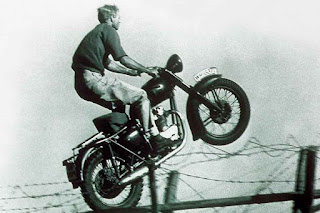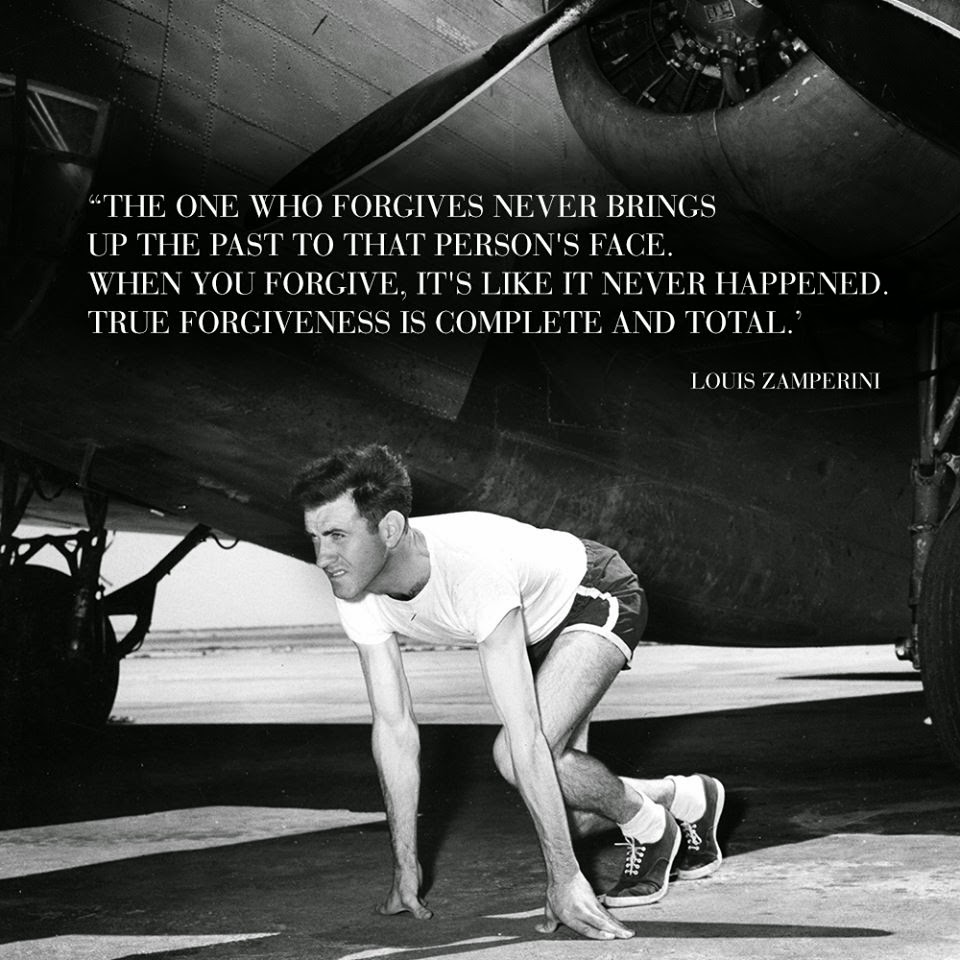Well, alright, not everyone got married.
A guy I follow on Instagram visited 26 countries during 2015. A couple of people had babies. Other friends moved house, got new jobs or climbed their career ladder, travelled, helped refugees, went to shows in London, and generally got on with their grown-up lives.
I moved back in with my parents and went into further education, a move that left me with mixed feelings and no cash.
If you've read any of my blogs from the past few months, you'll know the transition from my old life to my new one was not easy. Sometimes I've struggled against feeling like a child again (although I have to credit my parents for not treating me as such) -- against feeling lonely -- against feeling trapped -- and against feeling behind.
 Sometimes it's easy to compare myself with peers who look like they're "ahead" in their careers, relationships, financial situation etc., and wonder what happened with my own life. It's easy to feel like I haven't "made it" yet...whatever that means...and that everyone else has their lives figured out and on track.
Sometimes it's easy to compare myself with peers who look like they're "ahead" in their careers, relationships, financial situation etc., and wonder what happened with my own life. It's easy to feel like I haven't "made it" yet...whatever that means...and that everyone else has their lives figured out and on track. Part of my problem, I think, is that I've always struggled to be fully engaged with the present. I tend to look forward to significant points in the future -- the weekend, graduation, the summer, my first regular paycheck -- at the expense of what is happening, what God is giving me, in the moment.
I think about the next place I'm going to go; I have trouble imagining myself in one place for very long or putting down any real roots.
 I overlook or downplay my own everyday adventures because I wonder what other, potentially better, adventures my friends are having. I tend to think the grass really may be greener for them.
I overlook or downplay my own everyday adventures because I wonder what other, potentially better, adventures my friends are having. I tend to think the grass really may be greener for them.I miss out on joy.
I'm tired of that. Life is what happens while you're making other plans, so they say, and I don't want to miss out on happiness and fulfilment in my life as it is here and now.
In a very apt article, "How To Ruin Your Life (Without Even Noticing That You Are)", the writer states, "Understand that life is not a straight line. Life is not a set timeline of milestones."
I'm beginning to internalize that.
I'm realizing that my life doesn't have to follow other people's timelines (or plot lines, as my story-loving mind likes to imagine it). I can let go of some of my own preconceived notions of what my life should look like, too. Particularly as a Christian, I can be assured that God is somehow working out things for good, and that He is weaving my story into part of a grander tale that I may not fully see or understand right now.
A colleague kinda brought me up short this week as I pondered how "behind" I was feeling.
We were talking about our language learning experiences in class, and I was briefly sharing some anecdotes about what had compelled me to learn German, Spanish, Lao, and Portuguese (to varying degrees of fluency), which included, of course, my travels and life abroad.
"Can I ask how old you are?" my classmate said.
"I'm 25," I replied.
"Wow, you've done so much!" she said.
I thought about it on my train-ride home. I have done a lot. My pathway may not have been very traditional, but I have so many stories and experiences and people that I would never have encountered if I hadn't gotten "behind." Honestly, I wouldn't exchange all of that to be on par with my peers in relationships and apartments of their own.
 |
| Riding 3 to a motorcycle? Done that! |
These days, I may not have prospects of marriage or a job that allows me to support myself on the horizon, but I'm in the worldwide #1 university for my field, studying things that fascinate me, working towards a Master's degree in something I believe can help make a difference in the world. I have family and friends who support me.
What do I have to complain about, really?
I thought about these things as I watched the winter-grey, terribly ordinary suburban neighbourhoods of Greater London flash past my train window. And I was happy.
 |
| "Live to the hilt every situation you believe to be the will of God." |













